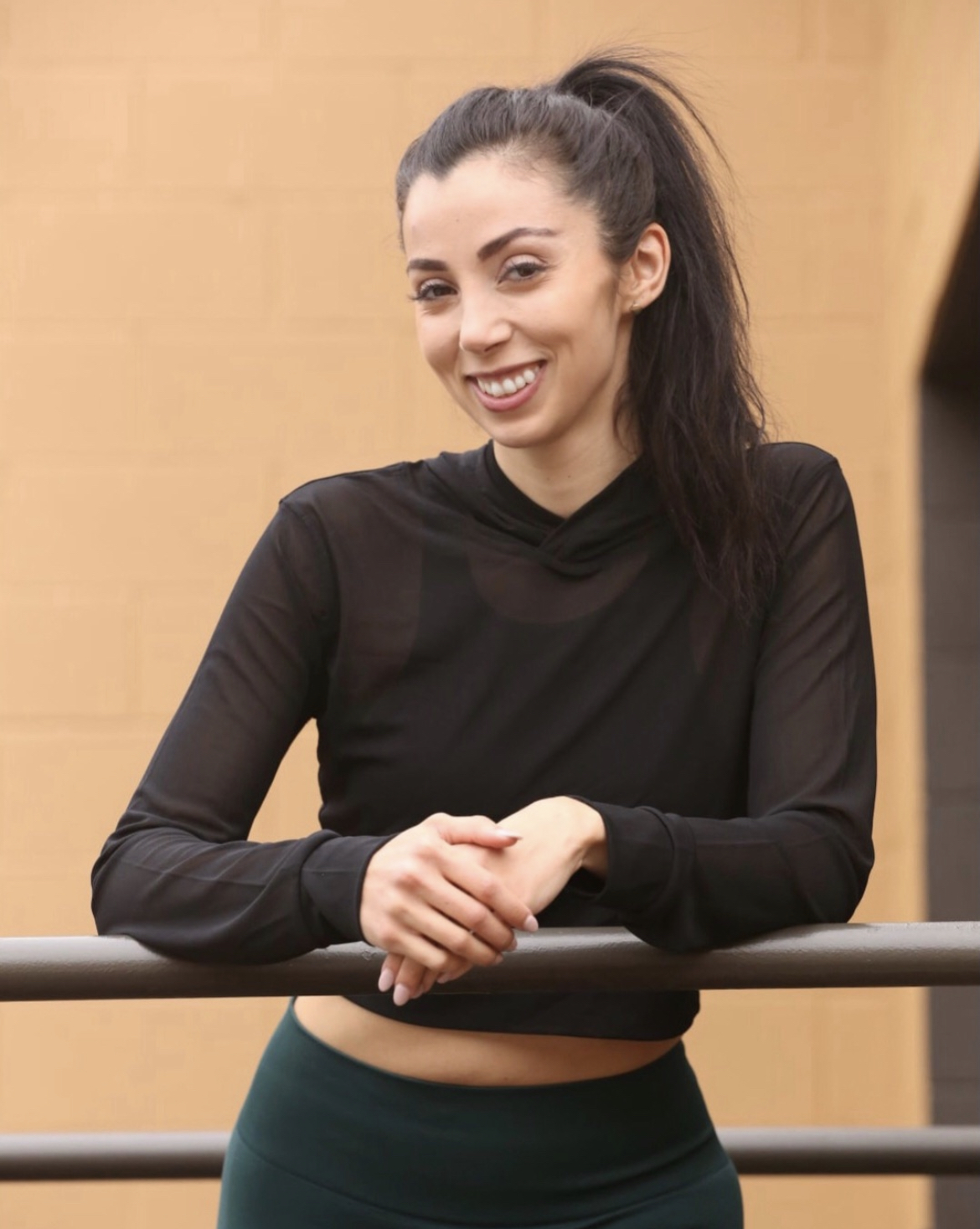Ranya Al-Huthaili
St. Paul, Minnesota
My Story
I was born in Saudi Arabia into an affluent family and grew up in a religious culture. With an American mother and a Saudi Arabian father, I would quickly learn the dramatic differences between the two cultures.
While in Saudi Arabia, I enjoyed the company of family and friends. As a young woman, I openly embraced the Arab culture, where I was taught to be submissive. The limitations placed on women my age were readily apparent despite the privileges I experienced as a child. I often witnessed some of my close friends face systematic discrimination under the male guardianship system. As a result, I decided to explore new opportunities where I was determined to become a successful woman who would chart her course in life.
In 2007, at age 17, My sister and I joined my mother in the United States of America. Our family owned a house in Roseville, Minnesota, and I was able to join my siblings, who were already enrolled in school. With my credits from Saudi Arabia able to be transferred, I graduated from Roseville High School in 2008.
After graduation, I moved on to the English language program at the University of St. Thomas, where her brother and sister were already attending. I found it challenging to adjust to a life where I regularly interacted with boys in social situations. In Saudi Arabia, women and men are mostly segregated, except for family members.
In 2010, I was accepted to Hamline University and pursued a degree in Communication studies through the Saudi Arabian Cultural Mission scholarship program. During my tenure at Hamline University, I became involved in a relationship that would skew my education and career path. This event was the biggest challenge I had faced in my life.
Like most young people, I overcame challenges, developing my inner strength. Being raised in Saudi Arabia, women are taught to be submissive. This would cause me apprehension to sever the ties of a toxic relationship.
I used operant conditioning to help gather the skills and knowledge that allowed me to help others navigate similar relationships and cultural challenges. As a result, I enjoy assisting people in solving similar problems in their personal lives.
My insight is geared toward helping women develop observational learning and proactively build self-worth. I share about the challenges I have been through, how they impacted my life, and what I did to overcome them and develop resilience. I encourage people to apply my lessons and leverage their strengths to their situations.
When women are raised submissive, they are significantly more vulnerable to manipulation and heartbreak. This was a harrowing experience for me when men were able to take advantage of my naivety and control me. That’s why I decided to share my experience and help women put what I have learned into practice.
I plan to hold regular speaking sessions in prisons and institutions, educating young women and inspiring them to develop a new and positive attitude. I also encourage them to remain optimistic and hopeful so they can begin navigating the many challenges they will face in life.
The challenges faced by young women reintegrating into society after incarceration are well-documented. The potential for lasting psychological effects, often labeled post-traumatic prison disorder (PTPD), underscores the need for robust support systems upon release. My prison advocacy work, focused on PTPD recognition and pre-release empowerment for women, aims to contribute positively to this crucial area and build a reputation for transformative reintegration efforts.
I have come a long way from being born and raised in Saudi Arabia to becoming a successful American entrepreneur and advocate in the US. Anyone can live a rich and fulfilling life with the right support system. I strive to remain focused on my career, continue my education, and use my knowledge and skills to help others who have struggled through cultural and relationship challenges to find a path to recovery and embrace change.

